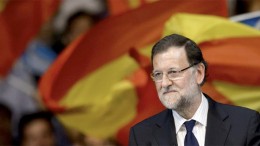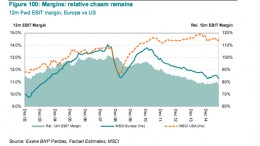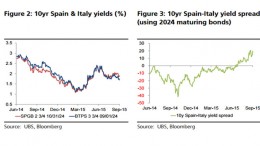Political uncertainty unlikely to hurt the Spanish economy
Last Sunday’s electoral results in Spain have cast a gloomy outlook on prospects for securing a stable government. Markets were deeply disappointed as their bet for a centre-right coalition melted down. Ciudadanos performed worse than expected while Partido Popular scored a win but failed to secure enough support.










